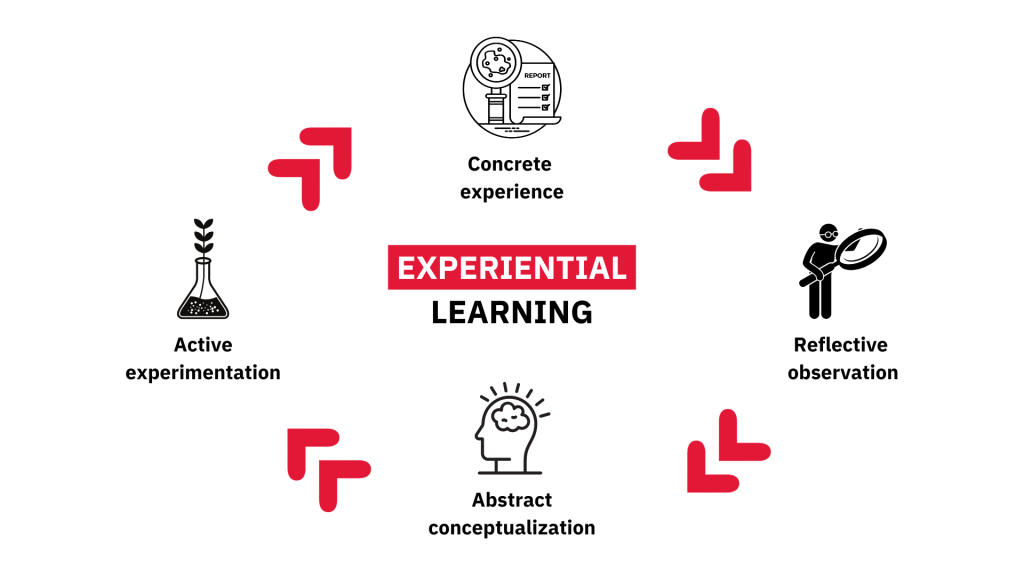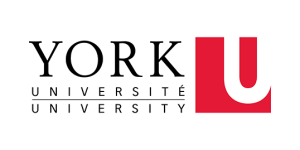1 Work-Integrated and Experiential Learning
What is Work-Integrated Learning?
Work-integrated learning (WIL) blends formal education with practical learning in a relevant workplace setting.
Taking part in the Digital Technologies program will help you understand what you need to do to be successful in the Canadian workforce by taking part in real work environments and experiencing the nuances that go along with competency development in a work environment. The work-integrated learning process requires a level of commitment from you, your instructors, and your employer as part of the York University community.
What is Experiential Learning?
Work-integrated learning is a form of experiential learning. The word “experiential” highlights that your learning is occurring through experience. The structured process of WIL guides you through a cycle of learning. David Kolb (1984), a psychologist and educational theorist, developed a theory that outlined the cycle of experiential learning. He suggests that you work through stages that build upon one another based on the experiences that you have and how you think about them afterward. Kolb’s cycle, based on Lewin’s experiential model, links together four continual stages: experience (feeling), reflection (watching), conceptualization (thinking), and active experimentation (doing) (Kolb, 1984, p. 30). Figure 1 shows how you move through the cycle.

Kolb’s (1984) Experiential Learning Model
Activity
Click on the drop-down arrows below to explore each of the stages in Kolb’s Experiential Learning Cycle.
- Concrete Experience
- An event, situation, or behaviour that made you go hmmm. In this stage of the learning cycle, you pull from your experiences, whether current or past.
- Reflective Observation
- Taking a step back to think about the bigger picture and how the experience made you feel. In this stage of the learning cycle, you dig into your experiences and ask questions for deeper understanding and learning.
- Abstract Conceptualization
- What can be applied to what you learned in class or at work? Fitting what you have just learned into everything that you already know. In this stage of the learning cycle, you are tying in concepts and forming conclusions based on your experiences and learning.
- Active Experimentation
- How will you put what you have learned into practice? In this stage of the learning cycle, you apply your conclusions and new knowledge into practice toward new experiences.

